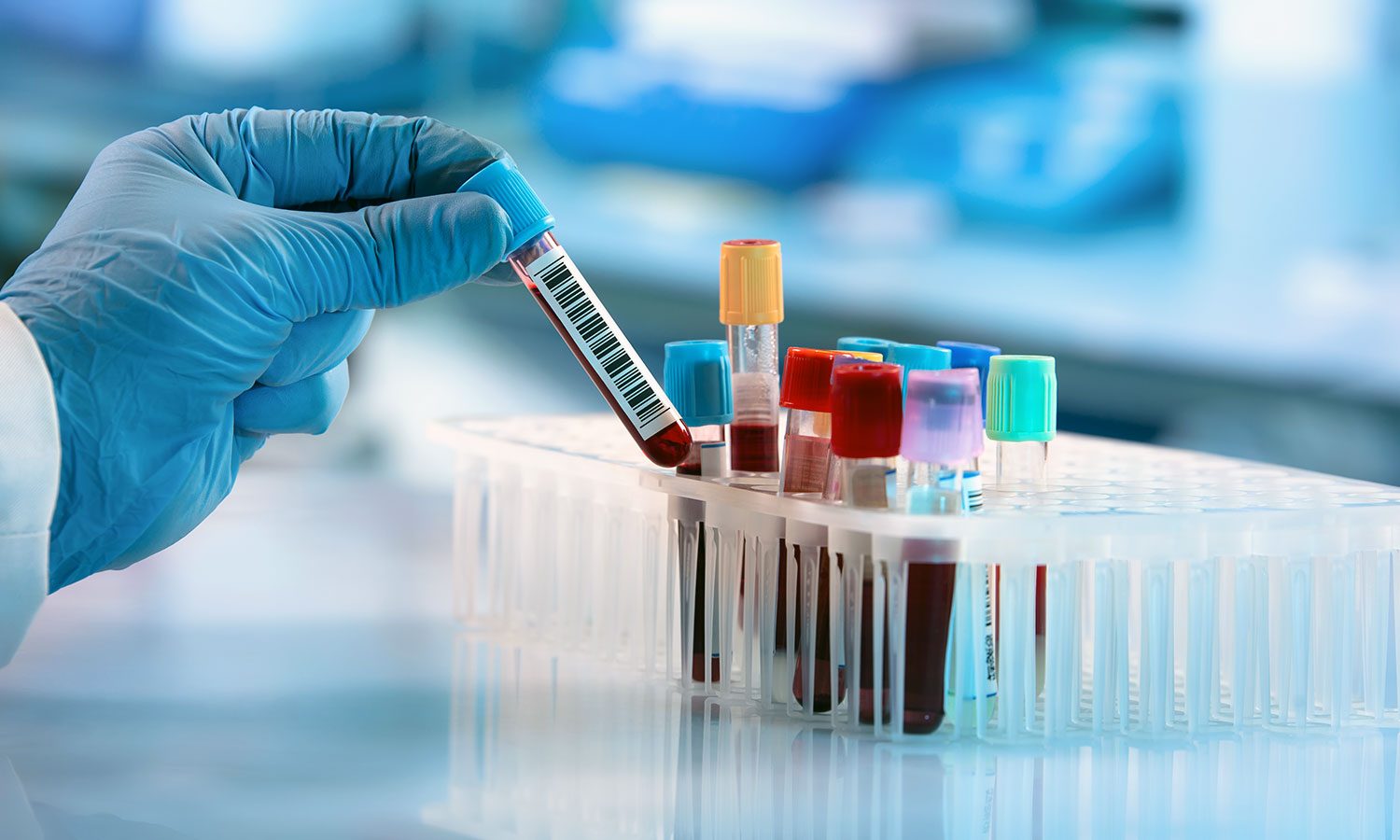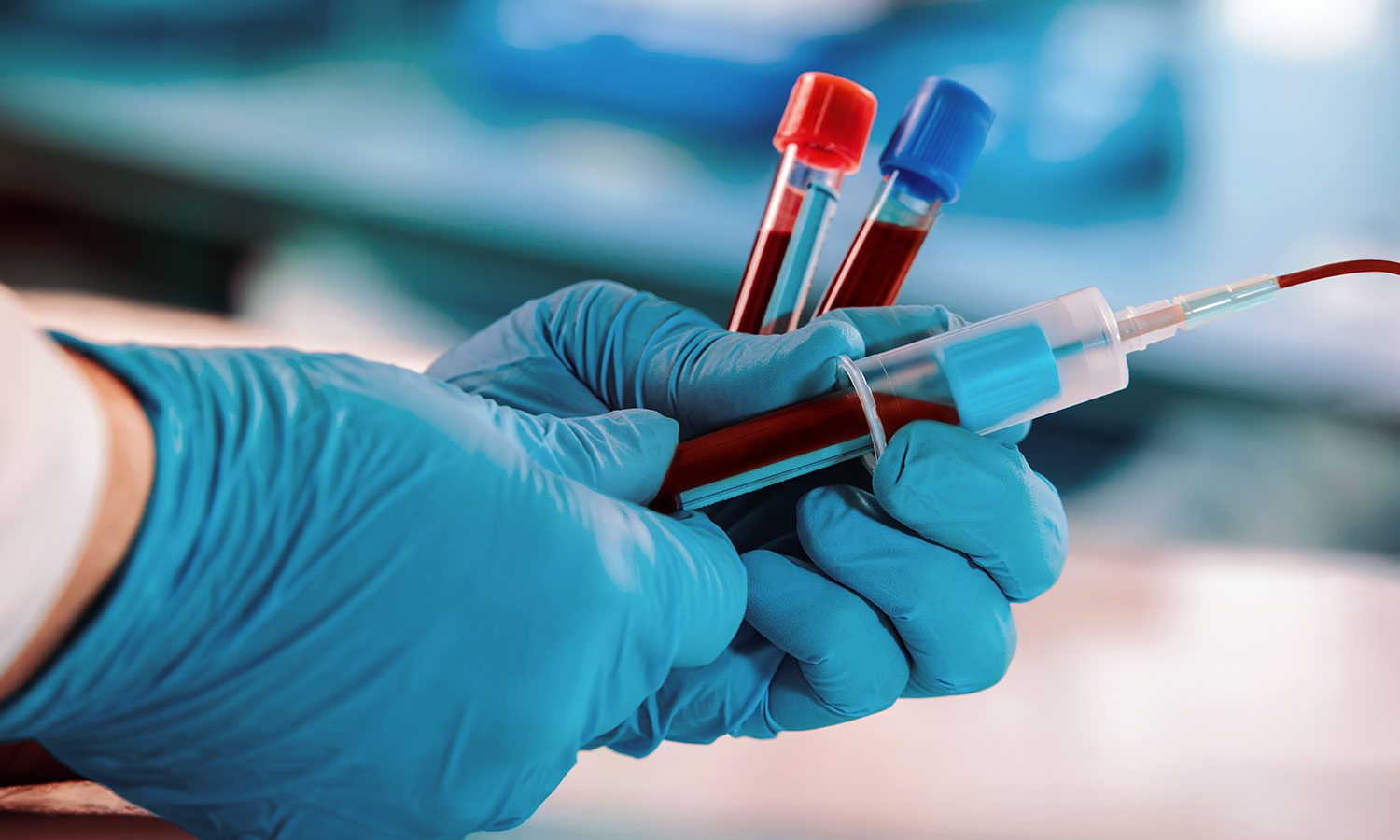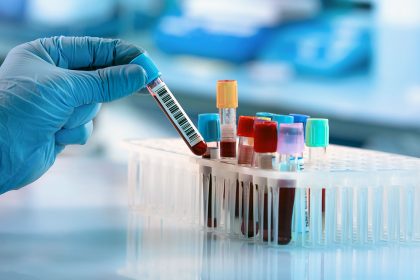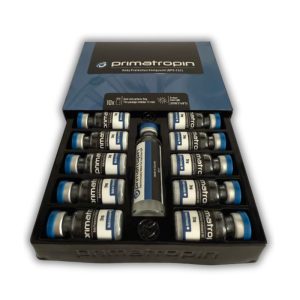
How To Analyze Bloodwork When Using Anabolic Steroids
Don’t get it twisted, anabolic steroids have been proven to be one of the most powerful tools . However, the use of these substances comes with significant health risks, making regular bloodwork an essential practice for anyone engaging in steroid use. It’s important to understand why regular monitoring of your health through blood tests is crucial during your steroid cycle, so you can become the absolute best version of yourself with these miracle products.
Understanding the Impact of Anabolic Steroids
Anabolic steroids are used by many individuals, regardless of their fitness regime. They are commonly used to increase muscle mass, enhance athletic performance, and improve physical appearance. While many of the benefits can be significant, the potential health risks associated with steroid use must be understood as well. These risks include hormonal imbalances, liver damage, cardiovascular issues, and more. Regular bloodwork is pivotal in managing these risks effectively.

Why Is Bloodwork Necessary?
Regular blood tests provide a snapshot of your overall health and can help catch the signs of adverse effects early, before they develop into serious problems. Here’s why bloodwork is indispensable when taking steroids:
Monitoring Liver Health: Anabolic steroids can be hepatotoxic, particularly oral steroids that pass through the liver. Blood tests help monitor liver enzymes such as AST and ALT, which are indicators of liver stress or damage.
Checking Kidney Function: Steroids can also affect kidney function over time. Bloodwork can monitor kidney health through markers like creatinine and blood urea nitrogen (BUN).
Evaluating Lipid Profiles: Steroids can negatively impact your cholesterol levels, increasing the risk of cardiovascular diseases. A lipid panel will check your HDL, LDL, and total cholesterol to ensure they are within safe ranges.
Assessing Hormonal Balance: Steroids alter the natural production of hormones like testosterone and estrogen. Testing for hormonal levels helps in adjusting doses to avoid long-term damage such as hypogonadism or estrogenic effects like gynecomastia.
Preventing Long-Term Complications: Regular monitoring can help prevent the development of more severe health issues such as heart disease, liver cirrhosis, and hormonal disorders.
Things to Look for in Your Bloodwork
When undergoing bloodwork while taking anabolic steroids, there are several key markers and tests that are particularly important:
Complete Blood Count (CBC): This test measures the levels of various blood cells in your system, including red blood cells, white blood cells, and platelets. Anabolic steroids can increase red blood cell count, leading to a condition called polycythemia, which can increase the risk of blood clots and strokes.
Liver Function Tests: Tests such as Alanine Aminotransferase (ALT) and Aspartate Aminotransferase (AST) are critical for assessing the impact of steroids on liver health. Elevated levels may indicate liver stress or damage.
Kidney Function Tests: Creatinine and Blood Urea Nitrogen (BUN) levels will help assess how well your kidneys are filtering waste. Steroids can lead to elevated levels, indicating possible kidney stress or damage.
Lipid Profile: This includes measuring LDL (bad cholesterol), HDL (good cholesterol), and triglycerides. Steroids often raise LDL and lower HDL, increasing the risk of arteriosclerosis.
Hormone Levels: Testosterone, estrogen, and luteinizing hormone (LH) levels are essential to monitor for maintaining hormonal balance and assessing the impact of steroid use.
Electrolyte and Fluid Balance: Steroids can disrupt electrolyte levels and fluid balance, increasing the risk of dehydration or other related issues.
Best Practices for Bloodwork
To ensure safety and efficacy in steroid use, adhere to the following best practices:
Pre-Cycle Baseline Tests: Before starting steroids, get a comprehensive baseline test to compare future tests against.
Regular Monitoring: During steroid cycles, conduct blood tests every 4-6 weeks to monitor the effects and adjust dosages as necessary.
Post-Cycle Testing: After completing a steroid cycle, get another round of tests to ensure your body is recovering and returning to its normal hormonal balance.
Our Pur Pharma team has always considered regular bloodwork an essential factor of successfully using steroids. It allows you to manage the risks associated with steroid use actively and make informed decisions about their health. Ignoring the importance of these tests can lead to irreversible health damage, making the stakes incredibly high. If you have any questions regarding bloodwork, or steroids in general, please feel free to reach out to our customer support team. We’re always happy to help & share our knowledge of 10+ years in the industry.
LATEST ARTICLES
















